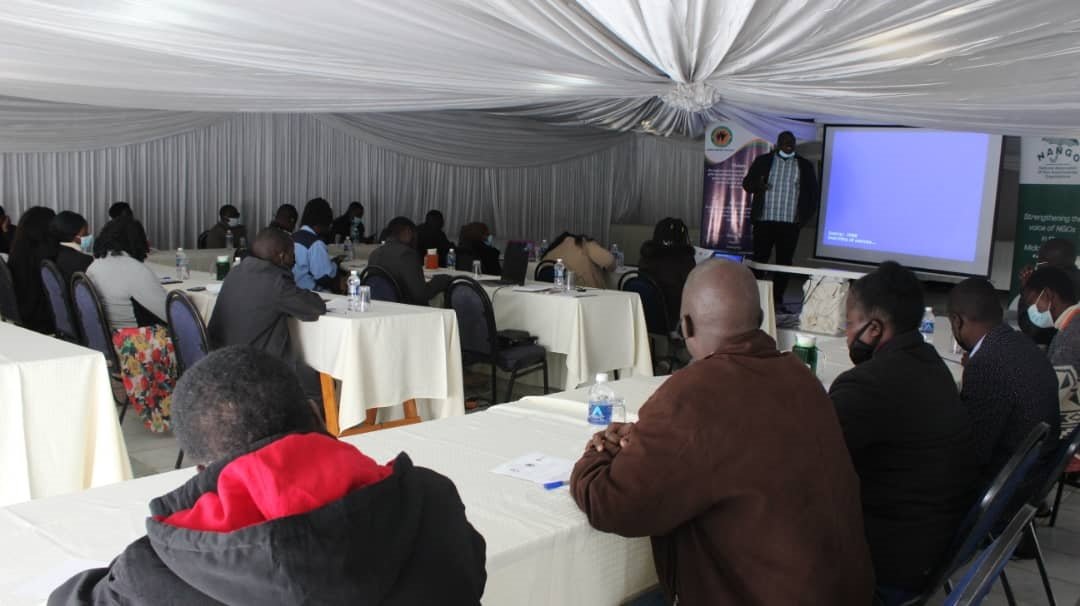Emmanuel Chitsika
Citizens Action Southern Africa (CIASA) has partnered with the National Association of Non-Governmental Organizations (NANGO) in a move meant to map advocacy strategies that would suit the context of their operations in case the Private Voluntary Organization (PVO) Bill is passed in to law.
The movement spread across three regions namely Western, Southern and Central last week saw about 60 such organizations in attendance as they discuss on the way forward.
CIASA Programmes Officer Archibold Madida in a report provided to this publication said the meetings were meant to come up with possible solutions to likely challenges CSOs would face in the near future.
“The platform created by CIASA/NANGO across the three regions was to meant create an on-going discussion on the state of affairs, identifying gaps and challenges in the Civic Society Organizations (CSOs) and have an insight in to their needs and build sectorial collaborative frameworks for the region in confronting the PVO Bill. PVO Bill and other legislative frameworks are meant to shrink civic space.
“The same meetings also sought to map advocacy strategies which suit the context and operating environment of the CSOs in the regions. The objective of these movement building meetings was for CSOs to undertake scenario mapping on operationalization in the event of the Bill passing in to law,” said Madida.
He also said CSOs are in fear of likely escalation in interference of state security agents as their activities are now labelled political activities.
“CSOs who attended raised serious issues over the way activists and Human Rights Defenders are being arrested for example in Masvingo alone nine of them (members of Masvingo Residents Forum) were arrested accused of unlawful gathering with intend to promote violence. CSOs reiterated that paying attention to such events, means the operating space is no longer safe and is continuously shrinking making it difficult for humanitarian actors to implement their activities and even conduct meetings,” he added.
The CSOs however resolved to engage in meetings with different stakeholders among them international humanitarian actors, government, church and business sector.
“At Masvingo meeting, CSOs resolved to engage stakeholders in business sector, grassroots leaders, church and international humanitarian actors on the PVO Bill, come up with agendas to make a difference and impact rather than sitting back when there are critical issues which need to be attended to and support those CSOs that seek to engage government in wanting to save the sector.
“In Midlands, we resolved to engage government on adoption of national, regional and international benchmarks to develop common norms and standards, capacitate CSOs on monitoring and evaluation as well as proposal writing, develop self-sustaining support initiatives among others,” added Madida.
The PVO Bill yet to be passed in to law by Zimbabwean government is/has been a bone of contention with most CSOs as government seek to control operations of these organizations while the organizations feel the authority want to shrink civic space for political motives.
Zimbabwe government has labeled most CSOs regime change agents, a charge the latter has declined and thus the former seeks a legal framework to keep them under check.







